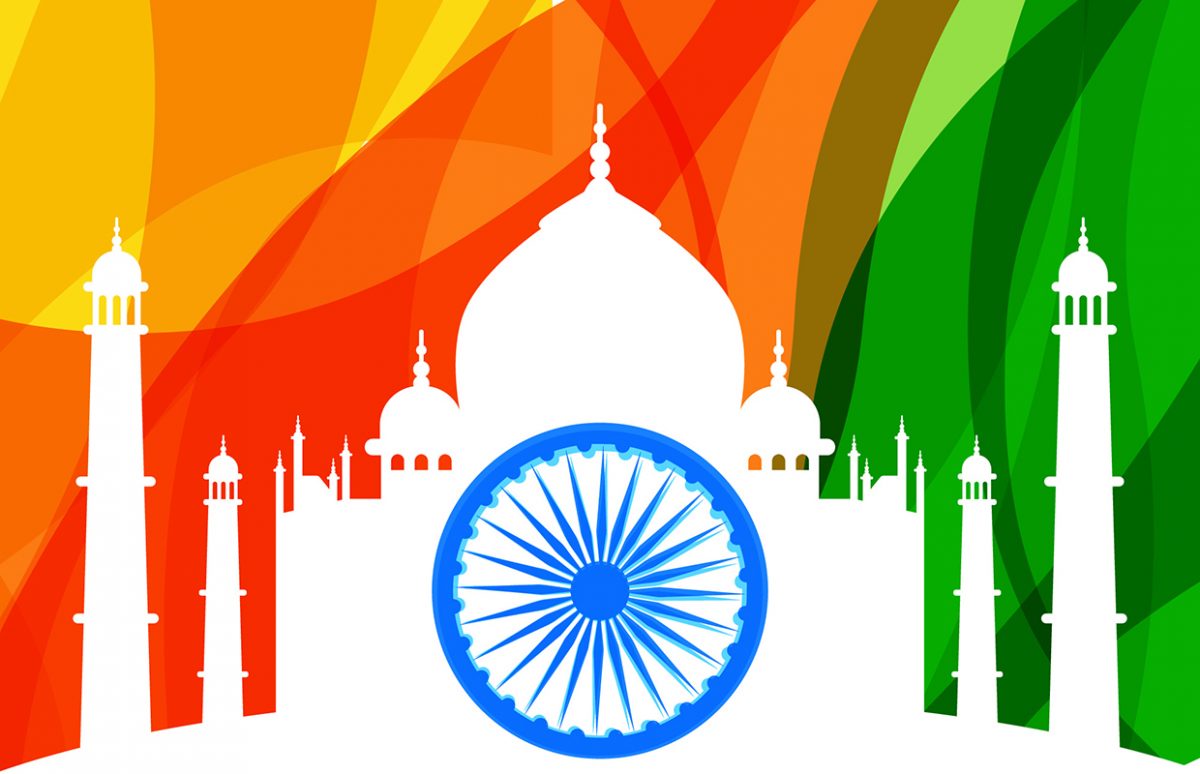On 13 October 1362 the English Parliament was opened for the first time in English rather than Latin or Norman French. Which is why The English Project charity promotes 13 October as English Language Day. Their aim is to celebrate English as a living, evolving language spoken as a first or second language by 2 billion people around the world. This year, the theme is Indian English, a rich and fast-growing variety of English.
Estimates of the number of English speakers in India vary from 35 to 125 million. Most of them also speak at least one of India's other languages.
English was the language of British colonisation and might have been shunned after the creation of the independent Indian republic in 1947. But it remained useful in a country of many different cultures and languages. Hindi is the ‘Official Language of the Union of India’ and is the first language of about 500 million Indians. The other half of the population generally speak one of eighteen 'National Languages', such as Bengali, Gujurati and Urdu, that have a special status in specific states. English is an 'Associate Language’, used in administration and higher education but also increasingly in advertising. English usage is increasing, though some linguists say it is outpaced by the hybrid "Hinglish" - a mix of Hindi and English.
English Borrowing from India
Language borrowing is by no means a one-way street. English has absorbed Indian words, either from the time of the Raj or through the large population in the UK which has roots in the Indian subcontinent.
Some of them describe distinctly Indian things - clothes like saris or food beloved by Britons of all origins: curry, chutney, naan bread, samosas or chapattis.
Others are less obvious: shampoo, cash, pyjamas and jungle are all borrowings from Hindi, Tamil and Sanskrit. A "juggernaut" in Sanskrit describes an enormous chariot used to transport Hindu idols in religious processions. In English it has come to mean an oversized lorry, or, metaphorically, an unstoppable force. "Avatar" is another Hindu religious term, describing a god materialising as a human or animal. Transferred to English, it has become an image representing a person in virtual reality or social media.
English, like all languages, is constantly changing to meet the needs of those who use it to communicate. Indian English is no exception, associating and blending words to come up with new terms. The word "unmotorable" for example, coined to describe a road not suitable for cars is understandable to other English speakers but only used in India. Other inventions include "freeship" (a scholarship that provides free education), an "incharge" (a manager or supervisor) or "prepone" (reschedule an appointment for an earlier date, in opposition to "postpone").
Copyright(s) :
http://www.freepik.com">Designed by Freepik





